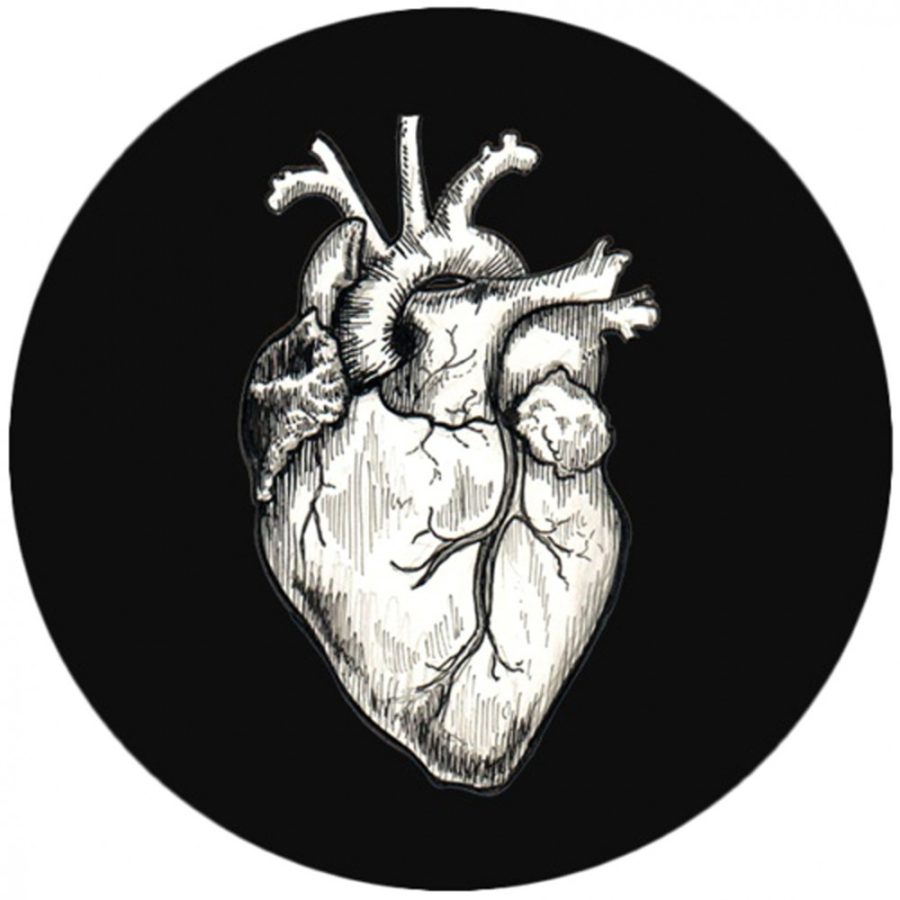When the advertisement that plays before Radiotopia’s “The Heart” is promoting an online sex toy shop that offers listeners a 10 percent discount, it’s clear that this podcast, based on its sponsors alone, is not fit for the average radio station.
“The Heart” is a podcast that tells stories about sex, intimacy and beauty from members that identify across the gender spectrum. The program started as a traditional two-way interview show called “Audio Smut” in 2007, but as the show has progressed, it has become more narrative-driven with less and less focus on the host, Kaitlin Prest.
The show’s episodes are typically 15 to 30 minutes, and the “short and sweet” episodes are closer to five minutes in length. The longer episodes are usually focused on one person’s story and may feature another guest talking about an issue related to the episode’s theme. The first “short and sweet” episode was disappointing compared to the other full-length episodes — there simply was not enough time to be emotionally invested in the short story told. At points, it felt more like an experimental audio piece and -not a polished product.
The editing style is not like traditional radio — voices cut in and out and music crescendoes when you least expect it. In the beginning of episode three, Prest discusses perceptions of beauty and describes how her inner voice can mock her. Her voice cuts in and out around her monologue, mocking her appearance. Prest’s reverberating critique perfectly represented that voice in your head that questions every decision you make.
Episode three, “Beauty is Pain,” features a story told by a transgender woman named Rajee Narinesingh. The show begins with the sound of distant harps being plucked as Narinesingh tells her story about how she began her quest for beauty. She had already undergone hormone replacement therapy but was not satisfied with her appearance. This dissatisfaction, coupled with peer pressure from other members of her community, convinced her to seek out plastic surgery. Lacking financial resources, Narinesingh found another transgender woman, known as The Duchess, who offered black market injections.
Narinesingh believed she was receiving silicone lip and face injections, and she was initially very satisfied with the procedure. The Duchess seemed legitimate, and Narinesingh loved the way she looked afterward — that was, until a boil began to develop on her face and her face started to harden like cement. Fearing judgment, Narinesingh did not seek treatment for years as her botched procedure began to get worse and worse. The surgery had the exact opposite effect; she began to feel like a freak. Narinesingh eventually found a caring plastic surgeon who worked with her to mitigate the damage done by the black market procedure. The Duchess was eventually convicted for practicing health care without a license.
During the surgery, Narinesingh kept repeating the phrase “beauty is pain” over and over to ease the physical pain she was feeling, but “The Heart” displays her story in a way that shows listeners that the quest for beauty is painful. Narinesingh’s story magnifies everyone’s insecurities because her struggles were, and still are, extremely difficult, and as a transgender woman, she has fewer resources available to her.
The first three episodes of “The Heart” can be downloaded or streamed free from its website.
_______________
Follow Partick O’Connor on Twitter.









